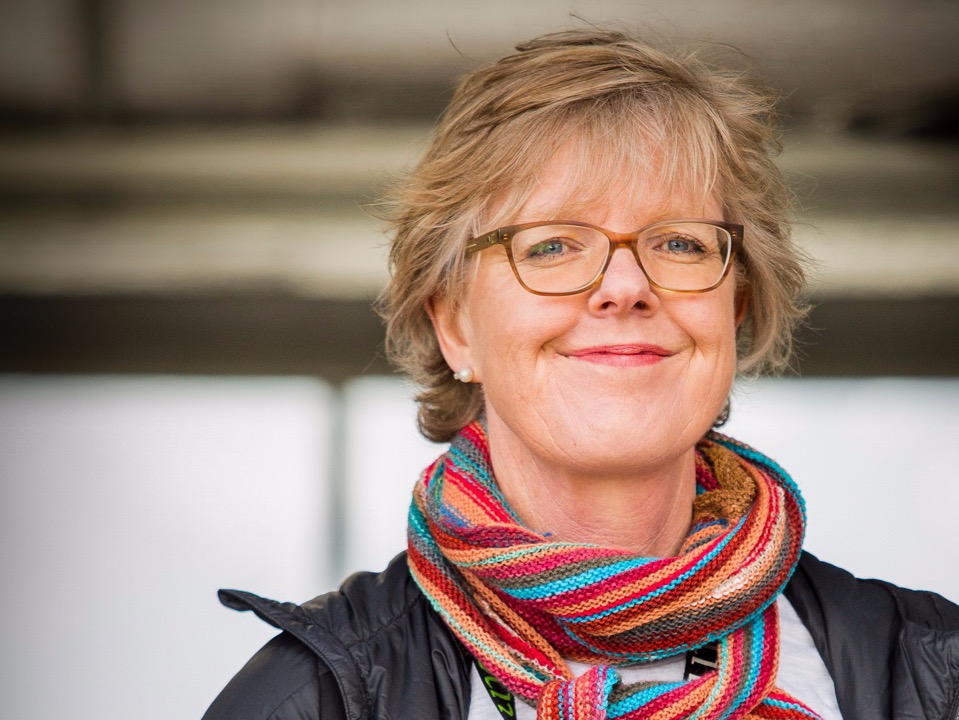A conversation with Dr Lou Conway frequently turns into a conversation about people building communities — as is the case with International Women’s Day.
“The #balanceforbetter theme is to me a reminder that we are not islands,” says the Director of UNE’s SMART Region Incubator (SRI).
“We build our lives together, women and men, and we must do this with integrity and balance. We make choices about how to be the best parent or partner or friend that we can be, and these choices guide us through the challenges we encounter.”
Born and bred on a Darling Downs farm, as the youngest of five, Lou grew up embedded in networks of family and community. At the SRI, too, it is about building community.
“What is most powerful for me is that the SRI is about partnerships and that everyone enters the SRI knowing that they are becoming part of an intentional community dedicated to making things that weren’t there before,” she explains.
“The SRI exists to create start-up businesses that can scale and employ people, and support the prosperity of the New England-North West region. We are partners in this common goal, and to achieve this we have to share — services, expertise and values.”
Her own path to the SRI has taken Lou through some unexpected twists, but each brought new connections, and a renewed belief in the importance of building community.
In the 1980s, as a freshly-graduated Occupational Therapist, she moved from Queensland to Tasmania to help with the rehabilitation of young men who were injured while working in the forestry industry. It was a time of awakening, Lou recalls, “to the connections between consumer advocacy, human services and regional development”.
Her marriage to Phillip brought her to New England, and life with three children and the daily concerns of his family’s large grazing enterprise. When the business was overturned by drought and financial loss, Lou needed to rethink her direction. That rebuilding took her back to study at UNE, and to follow her curiosity about how people, organisations and regions change and innovate.
Her subsequent PhD looked at the practice of regional development governance. “Out of that work, I took away the conviction that change happens when people take charge of their future and make things happen through respect for relationships and collaboration.”
This has become her mantra for the SRI. A start up is ostensibly about business, but Lou thinks that in regional Australia, the commitment to a start-up involves much more than money.
“Our founders are driven to take the ingredients available to us here in our region — the landscape, the extraordinary talent, this university — and build something of value to others. Their service or product has to solve a problem for someone else.”
“There is something magnanimous in this. It’s not simply about financial success. The risk our founders take means that in some senses these start-ups are humanistic, even philanthropic.”
These aspirations sit well within the environment of UNE, Lou observes. Australia’s first regional university was founded on the belief that a university education should be available to everyone, regardless of their geography.
“We need to create something significant: a strong prosperous region based on meaningful work and productive lives; to have a connected community and to leave things in a better state than we found them.”


